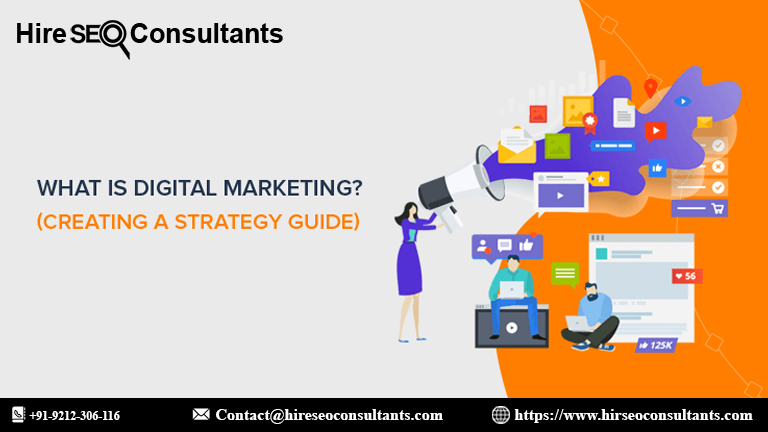What are the benefits of feedback: A Comprehensive Guide
Discover the key benefits of feedback & how customer feedback management can transform growth & decision-making.

Feedback is a powerful tool that drives improvement, enhances communication, and fosters personal and professional growth. In today's rapidly evolving business landscape, understanding and effectively leveraging customer feedback management can be the difference between success and stagnation.
Understanding Feedback: More Than Just Words
What is Feedback?
Feedback is a critical communication process where information, opinions, or reactions are shared about a person's performance, actions, or products. It serves as a valuable mechanism for:
- Identifying strengths and weaknesses
- Promoting continuous improvement
- Enhancing decision-making processes
- Building stronger relationships
Key Benefits of Feedback
1. Personal Growth and Development
Feedback acts as a mirror, reflecting areas where individuals can improve and develop. By embracing constructive criticism, people can:
- Identify blind spots in their skills and performance
- Develop self-awareness
- Create targeted personal development plans
- Accelerate learning and skill acquisition
2. Professional Performance Enhancement
In the workplace, feedback is instrumental in:
- Setting clear performance expectations
- Providing actionable insights for improvement
- Recognizing and rewarding exceptional contributions
- Aligning individual goals with organizational objectives
3. Organizational Transformation through Customer Feedback Management
Customer feedback management is not just a strategy; it's a comprehensive approach to understanding and meeting customer needs. Benefits include:
- Improving product and service quality
- Identifying market trends and customer preferences
- Reducing customer churn
- Driving innovation based on real user experiences
4. Communication and Relationship Building
Effective feedback:
- Promotes transparent communication
- Builds trust between individuals and teams
- Creates a culture of openness and continuous improvement
- Reduces misunderstandings and conflicts
5. Psychological and Emotional Benefits
Constructive feedback can:
- Boost self-confidence when delivered positively
- Provide a sense of direction and purpose
- Reduce anxiety about performance
- Create a supportive environment for growth
Implementing Effective Feedback Strategies
Best Practices for Giving Feedback
- Be specific and concrete
- Focus on observable behaviors
- Provide balanced perspectives
- Offer actionable recommendations
- Choose appropriate timing and setting
Best Practices for Receiving Feedback
- Listen actively and without defensiveness
- Ask clarifying questions
- Express gratitude for the input
- Develop an action plan
- Follow up on improvements
Challenges in Feedback Management
While feedback is crucial, challenges include:
- Emotional resistance
- Fear of criticism
- Lack of proper communication skills
- Potential misinterpretation
Technology in Feedback Collection
Modern customer feedback management leverages:
- Advanced survey tools
- AI-powered sentiment analysis
- Real-time feedback platforms
- Multichannel feedback collection
Measuring Feedback Effectiveness
Key metrics for evaluating feedback impact:
- Response rates
- Implementation of suggested improvements
- Customer satisfaction scores
- Performance improvement indicators
Q1: How often should feedback be given?
Regular feedback, ideally quarterly or after significant projects, ensures continuous improvement and prevents performance issues from escalating.
Q2: What makes feedback constructive?
Constructive feedback is specific, balanced, actionable, timely, and focused on behaviors rather than personal characteristics.
Q3: How can organizations improve their feedback culture?
Organizations can improve by:
- Training managers in effective communication
- Creating safe spaces for honest dialogue
- Implementing structured feedback mechanisms
- Recognizing and rewarding feedback-driven improvements
Q4: Can negative feedback be beneficial?
Yes, when delivered professionally and with a focus on improvement, negative feedback can be a powerful catalyst for personal and professional growth.
Q5: How does technology impact feedback collection?
Technology enables:
- Faster feedback collection
- More comprehensive data analysis
- Multi-channel feedback options
- Personalized feedback experiences
Conclusion
Feedback is not just a communication tool; it's a transformative process that drives personal development, organizational success, and customer satisfaction. By embracing customer feedback management strategies and creating a culture of open, constructive communication, individuals and organizations can unlock unprecedented growth and potential.
Remember, feedback is a gift – an opportunity to learn, improve, and excel. Whether you're an individual seeking personal growth or an organization aiming to enhance customer experience, effective feedback practices are your pathway to success.
What's Your Reaction?
















